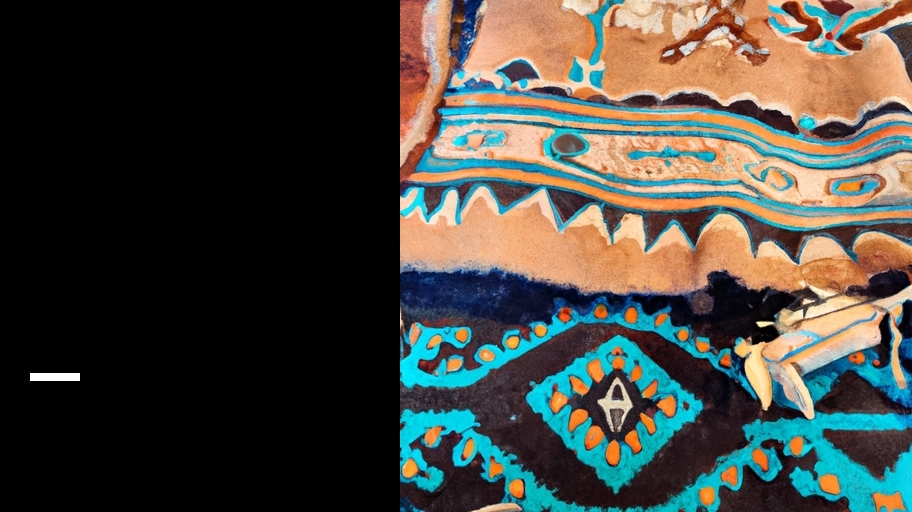Consequences for Natives from the European Perspective
Europeans viewed Native American people and their behavior with a wide array of reactions. In the early 1500s, some Europeans saw natives as primitive savages who needed to be civilized and converted to Christianity (Bouvier, 2020). This lead to violent conflicts between European settlers and native tribes in an effort to gain control over land. As Europeans ventured further into what they considered "unclaimed" land, they began to impose laws on native peoples that violated their traditional way of life (McLoughlin, 1992).
Consequences for Natives from this European perspective were devastating! The Indigenous population suffered as a result of disease, displacement, and forced assimilation. Their lands were taken away and replaced with foreign crops and livestock that disrupted the natural environment (Kelm & MacDonald, 1999). Additionally, the practice of removing Native children from their families was implemented in order to more easily colonize them (Smithsonian National Museum Of The American Indian, n.d.).
At the same time, not all Europeans had negative views towards Native Americans. Some embraced them as equals while others even intermarried with them (Sheehan-Dean, 2008). Even so, these positive interactions ultimately only served to benefit the European colonizers rather than truly empower the natives or respect their rights as distinct nations.
Overall then it is clear that Europeans had a variety of attitudes towards Native Americans and these often resulted in oppressive consequences for Indigenous peoples across North America. This history has left lasting effects that are still felt today by many native communities who continue to struggle against injustice caused by colonization!
Summary of European Views Towards Native Americans
European views towards Native Americans were often negative and mistrustful. For centuries, Europeans perceived the native people of North America as 'savage' and 'uncivilized'. Their language, religious beliefs and customs were seen as primitive and heathen (which is to say, they were viewed as not having a religion at all). Furthermore, European settlers believed that Native Americans lacked the capability to govern themselves or to utilize resources in a productive manner. This view was even reinforced by some religious traditions which proclaimed that Native American tribes could be enslaved or exterminated without any moral consequences!
Moreover, Europeans argued that Native Americans had no sense of property ownership because they shared hunting grounds with one another. Additionally, many Europeans saw them as unable to comprehend abstract concepts such as law or justice due to their lack of written languages. All these factors led them to believe that Indigenous cultures should be suppressed for the betterment of society. Consequently, Europeans used their military might to force Natives onto reservations or into assimilation programs in an attempt to "civilize" them.
In conclusion, it can be said that European views towards Native American people and their behavior during colonial times were largely negative and dismissive. Transitioning from traditional lifestyles into ones dictated by European standards was tremendously difficult for Indigenous peoples; however this transition was also necessary if they were going to survive against those who sought their destruction!
